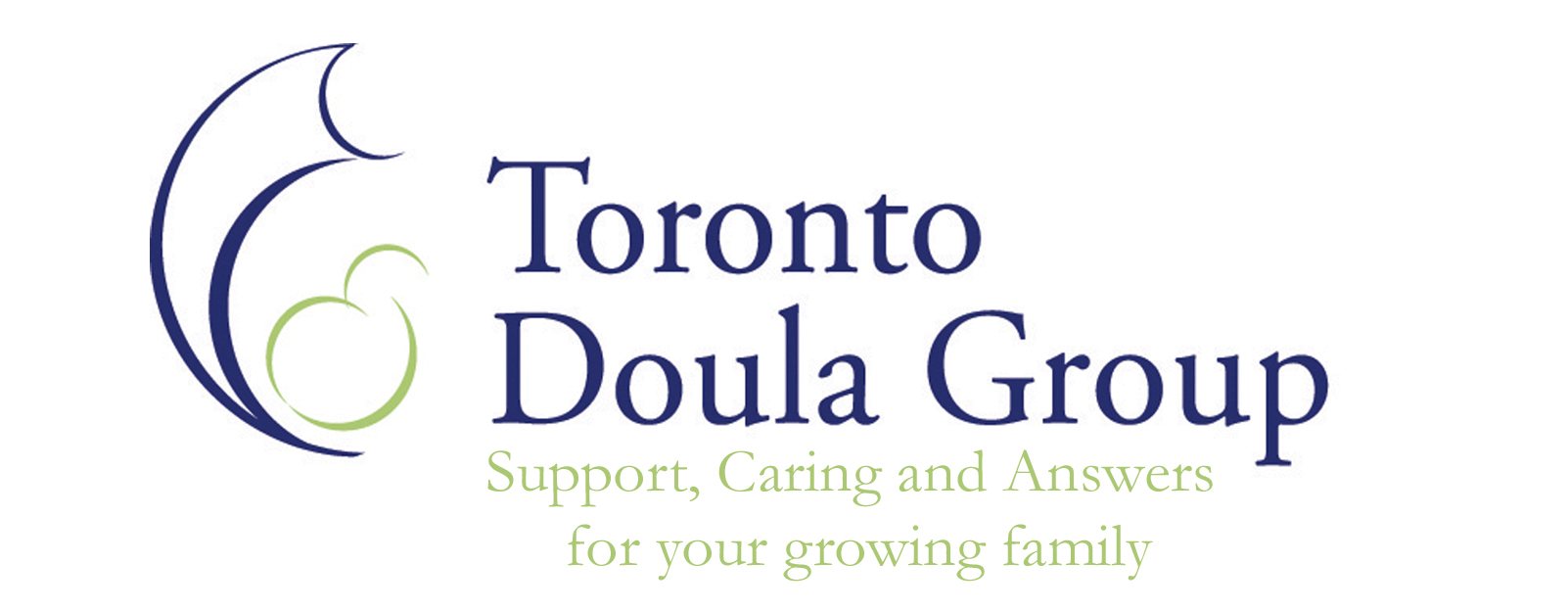Your First Week With Baby - Day 2 (or 3), Finally Home

By Kimberley Fernandez - CLD, CCCE
Kimberley has been working with birth families new families in their birth, postpartum, infant feeding and infant care journey since 2006. Kimberley currently teaches virtually for a major Toronto hospital as well as offering virtual classes through her teaching portal "The Birthing Room"

Your first week with your baby, can be a challenge. If you have had an uncomplicated vaginal birth you will likely be sent home shortly after the 24 hr mark from baby's birth. 24 hours is the minimum amount of time you are required to stay in hospital when you have obstetrical care. At the 24 hour mark your baby will have a blood test to look at their blood type, any metabolic diseases that may require them to eat differently and check baby's bilirubin levels. The bilirubin test will determine if baby has jaundice and if they require treatment. Once it's determined that baby and you can go home, you will pack everything up and head home. Now the adventure will begin. Birthing Parent Once you are home, all thoughts turn to the baby. And rightly so, you have a brand new human you will have to look after for...well...forever. But we can't do that at the expense of your own mental and physical health. Here are some things you need to look out for and what may be happening to you. Physically:
Keep an eye on your vaginal bleeding (Lochia)
If you are bleeding to the point where you have to change your sanitary pad more than once per hour, you need to contact your care provider or the nearest emergency room to ensure you are not hemorrhaging
Concentrate on eating well and staying well hydrated.
These areas of focus can help with healing and milk production
Rest
Easier said than done, but make sure you are relying on your partner and support people. Doing everything on your own is exhausting and you don't have to if you have the support available. Take the help! Ask for the help!
Perineal Care
Keep that area clean and dry during your recovery. Use a peri bottle (The hospital will give you one)
Consider, after a shower, allowing that area to air dry, sit on a peri pad or blue pad that the hospital uses during labour to protect your bed, to avoid getting blood on your bed or chair.
Nipple Care
As you are learning to feed, you may experience micro damage to your nipples if the latch isn't quite right. Getting the latch fixed will help but you can also rub some colostrum or breast milk on your nipples to help heal any damage baby has done while you both learn what to do.
Mentally:
The Baby Blues are a real thing. Feeling sad, exhausted and overwhelmed is normal, it sucks, but it's normal. Getting good rest, eating good food and getting support can be very helpful.
The baby blues usually lasts about 2 weeks. If after two weeks you aren't feeling better or feel like you are finally finding your rhythm, then make sure you speak to your care provider about getting assessed for postpartum depression.
Baby Once you get home with baby, it can be overwhelming for them. Think about it. Their environment has changed three times in the last 24-48 hours. Their mind is blown. They will have some predicable habits once you bring them home. Skin To Skin/Being Held
Because baby may feel overwhelmed and scared by their new surroundings, they will want to be held, a lot. They feel safest in your arms. Being skin to skin with you, on your chest, is their safe place. Skin to skin with you, feels like home, smells like home, and sounds like home.
This can be done by your partner as well. Your baby will benefit from skin to skin or just being held by anyone so you can get some rest too while baby is being looked after
Consider wearing your baby in a wrap to give you some free hands as well.
Feeding
Your baby will enter a period of cluster feeding shortly after or within a day of you getting home. This constant feeding is needed to change your milk from colostrum to your mature milk.
Baby will want to be on the breast constantly. They aren't starving if you are allowing them to feed a lot and not limiting their time at the breast.
It's tiring but necessary.
Wishing 12-24 hours of cluster feeding your mature milk should be in or at least slowly changing in colour and quantity.
Hang in there, this part is hard.
Keep an eye on baby's output (on Day 2 baby should be giving you at least 2 wet diapers and 1-2 poopy diapers)
If you aren't getting those minimums, we need to consider a feeding issue
If baby is hard to wake or falls asleep quickly on the breast it could also be a feeding issue.
Consider looking into a Lactation Consultant or a breastfeeding clinic close by to get some help.







































Comentarios